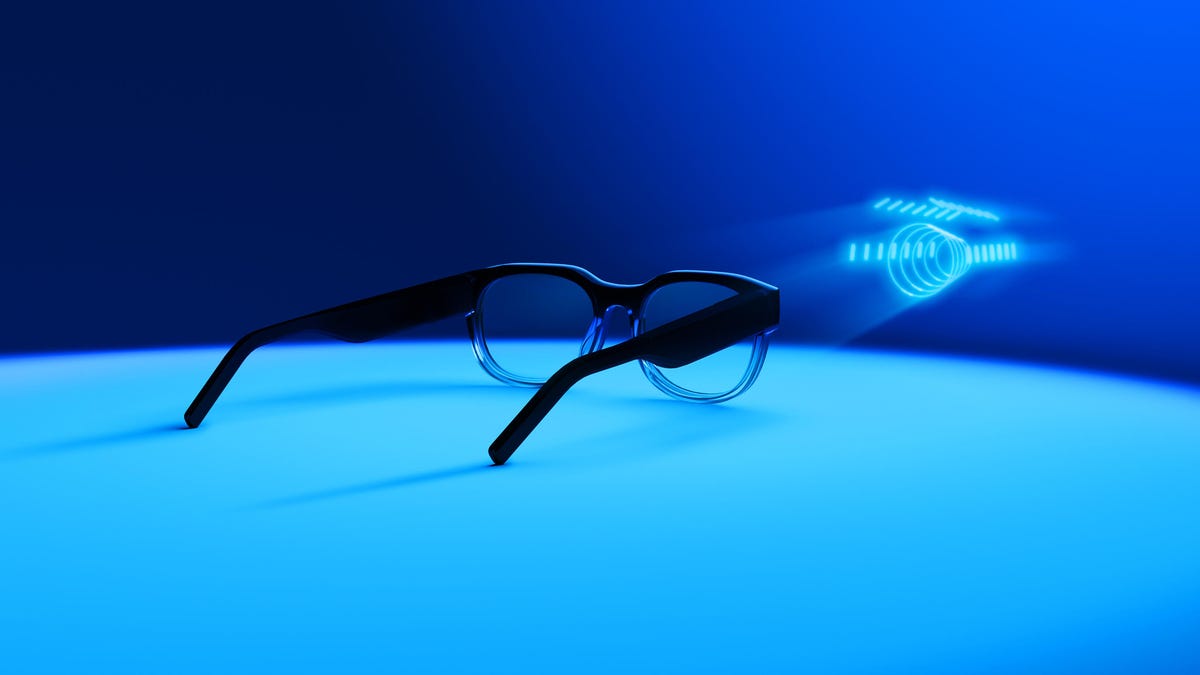Google acquires smart-glasses maker North
North's next glasses-like device is on hold for now.

North Focals 2.0, promised this year, aren't happening.
A wave of smart glasses are being developed by a variety of manufacturers in the coming years, and Google just acquired one of them. North, a Canadian company that launched a pair of almost normal-looking smart glasses in 2019 and demoed an early version of its next pair to me behind closed doors in Las Vegas in January, has been acquired by Google. The news was first reported by 9to5Google, and was confirmed by Google Tuesday, as well as on North's Focals website.
"North's technical expertise will help as we continue to invest in our hardware efforts and ambient computing future," Google's head of hardware, Rick Osterloh, says in Google's statement on the acquisition.
This also means that the smart glasses I tried briefly at this year's CES aren't being released. "We are winding down Focals 1.0 and we will not be shipping Focals 2.0, but we hope you will continue the journey with us as we start this next chapter," North's website states.
Me trying on North Focals at the company's optical shop in Brooklyn, early 2019.
The first-gen North Focals glasses won't work after July 31, but North is issuing refunds to people who bought the smart glasses, the company announced in an email.
The original Focals used a retinal projection to float small images in the air that disappeared when you looked away, but the company's second set of glasses used a larger display via a waveguide that stayed visible continuously. The glasses, which I was fitted for in one of the company's now-closed optical shop boutiques in Brooklyn, were unique because they had a smart ring to control them.
North, previously Thalmic Labs, has also done work on neuromuscular input devices. The company's previous product was a motion-gesture armband, Myo. The Google acquisition could be as much about inputs as it is about smartglass technology. North was also working on ways to develop prescription smart glasses, something that next-generation smart eyewear could use.

